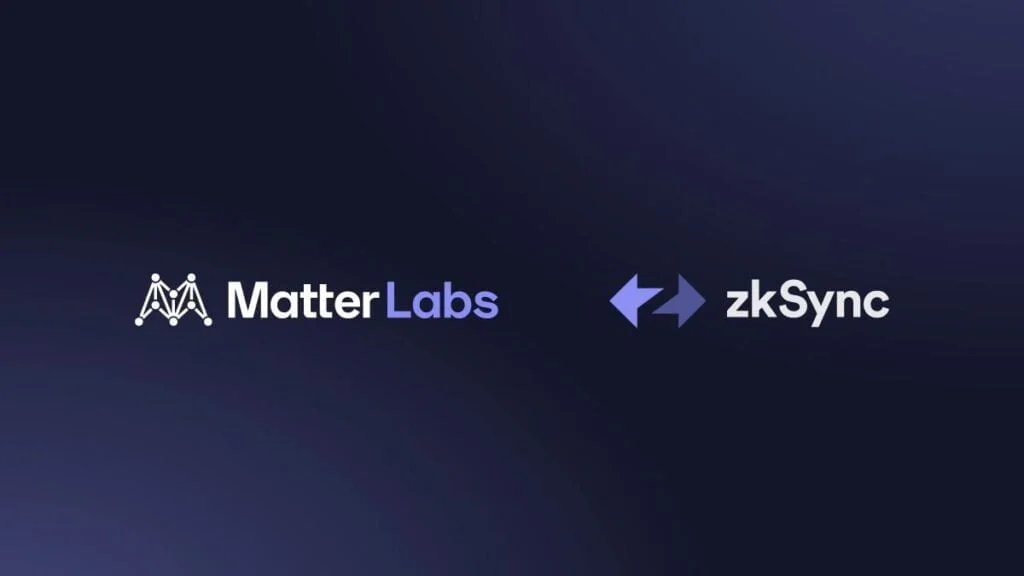Ethereum development firm Matter Labs has raised a monster $200 million to support the launch of its zkSync V2 rollup network.

The creator of the Ethereum Virtual Machine-compatible zkSync, Matter Labs, has received significant industry support as it makes a commitment to fully open-source its platform, the first such effort for a zk-Rollup technology.
On Nov. 16, Matter Labs announced that it had closed a $200 million Series C funding round that was co-led by Blockchain Capital and Dragonfly. LightSpeed Venture Partners, Variant, and current investor Andreessen Horowitz also participated. In total, the company has now secured $458 million in capital, including $200 million from BitDAO that will be used to support ecosystem projects.
Matter Labs, a company founded in 2018, is attempting to scale Ethereum using zero-knowledge proofs, a method of digital authentication that permits frictionless data sharing between two parties. Ethereum has received widespread support from the blockchain community’s developer community, but scalability concerns have hampered the technology’s ability to be adopted widely.
The layer-2 scalability solution for Ethereum that preserves the network’s security and decentralization features is called zkSync, a zk-Rollup technology. The zkSync mainnet was released on October 28 as part of a multi-stage process to bring the protocol into full production. Since then, over 150 projects have declared their intention to launch on it.
Chainlink, Uniswap, Aave, Curve, 1inch, and SushiSwap are a few of its most notable partners. Along with the funding news, Matter Labs also revealed that its zkSync technology would be made available later this quarter under an open-source MIT License. Developers now have the option to view, modify, and fork the code.
Steve Newcomb, chief product officer at Matter Labs, stated in an interview that his company aimed to “drive consensus in open source,” which is why everything in the mainnet release will be completely open-sourced in accordance with MIT’s standards. He explained that by making the protocol open-source, zkSync could replace layer-2 as the industry standard.
“In crypto, one of the major things we want to stop is centralized censorship. Anything other than full open source is centralized censorship of code,” Newcomb said. “We can’t decide who is right or wrong or good or bad.”
For the past two years, venture capital has freely poured into blockchain projects, but as the market has gotten worse, investors have become much more cautious. A Research reports that venture capital funding in the cryptocurrency and blockchain sector decreased 66% quarter over quarter to $4.98 billion. However, 2022 is expected to set new records for funding deals and total capital raised.
